Research themes
The LPPL conducts research on the topic of regulation, with two lines of inquiry. The first line of inquiry, “Cognitive and behavioural regulation”, has entailed exploring the cognitive and social cognitive skills involved in regulating action. The second line of inquiry, “Emotional and social risk and regulation”, has involved looking at the role of individual and collective emotions and behaviour in a social context and in risky situations. Given that regulation mechanisms are a part of human development, researchers have been taking a lifespan perspective approach during research activities, wherever possible.
The objective of the “Cognitive and behavioural regulation” line of inquiry has been to study how knowledge is regulated by the various ways in which psychological skills come to the fore, from a lifespan perspective (from childhood to old age) as well as in intercultural and cross-cultural terms, taking account of certain aspects which are likely to reveal variations in these mechanisms [such as biological vulnerabilities (metabolic, genetic, neuropsychological, etc.) or individual characteristics (e.g. personality traits)]. Given that knowledge, shared practices, experiences and the ability to question are all potential tools for cognitive and behavioural regulation, two avenues have been explored to examine the mechanisms at work in healthy subjects (regulation/deregulation) as well as in patients (dysregulation).
The objective of the “Emotional and social risk and regulation” line of inquiry has been to look at the adaptation processes linked to the influence of potentially problematic physical and/or social contexts, by focusing on emotional and social regulation processes as well as the mental suffering related to regulation difficulties. A two-pronged approach has been taken regarding:
1) risk factors related to the health, working, living, and natural environments;
2) risk factors related to the social environment.
Line of inquiry 1
Cognitive and behavioural regulation
Persons in charge:
Jérémy BESNARD (UA)
Mohamad EL HAJ (NU)
Line of inquiry 2
Emotional and social risk and regulation
Person in charge:
Abdel BOUDOUKHA (NU)



